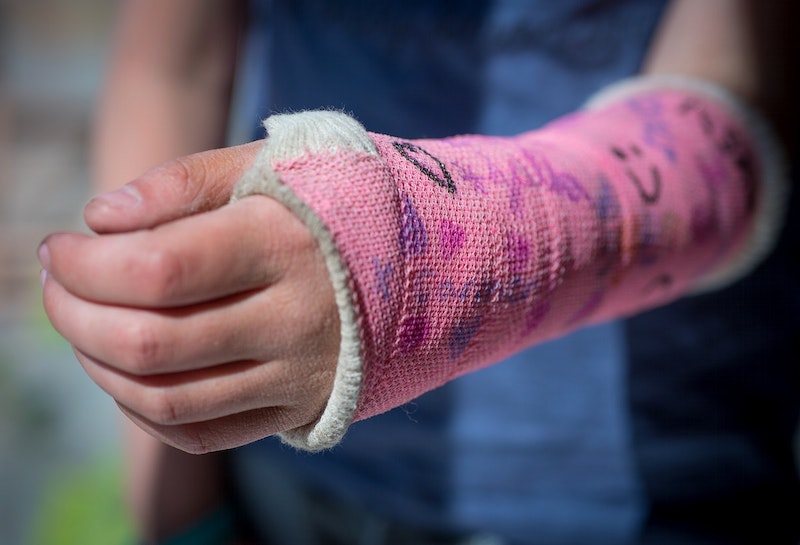Slip and fall accidents are a common cause of injuries and negligence lawsuits. However, there are many myths and misconceptions about these incidents that can lead victims to make the wrong decisions. In this article, we will debunk some of the most common myths and provide you with the information you need to protect your rights.
Myth 1: If I slipped and fell, it’s my fault.
Reality: Not always. Property owners have a duty to keep their premises safe. If an accident occurs due to a hazardous condition on the property, such as a wet floor, defective staircase, or inadequate lighting, the property owner may be liable.
Myth 2: I need video evidence to win a case.
Reality: While video recordings can be strong evidence, they are not always necessary. Other types of evidence, such as witness testimony, photographs of the accident scene, and medical records, can also be sufficient to prove negligence.
Myth 3: If I wasn’t seriously injured, I can’t sue.
Reality: Even minor injuries can have a significant impact on your life and result in medical expenses. Don’t underestimate the value of your claim, even if your injuries seem minor.
Myth 4: If there are no witnesses, I can’t win a case.
Reality: While witnesses can strengthen your case, they are not always necessary. Other evidence, such as property maintenance records and expert testimony, can be sufficient to prove negligence.
Myth 5: If I signed a waiver, I can’t sue.
Reality: Waivers are not always enforceable, especially if the condition that caused the accident was so dangerous that the property owner had a duty to warn you.
Myth 6: Personal injury lawyers are just out to get money.
Reality: Most personal injury lawyers work on a contingency fee basis, which means they only get paid if they win your case. Their goal is to get you the maximum compensation for your injuries.
What to do after a slip and fall accident?
- Seek medical attention: Document your injuries with medical reports.
- Notify the property owner or manager: Inform them of the accident and ask them to document it.
- Take photos: Document the accident scene and your injuries.
- Gather evidence: Get the names and contact information of any witnesses.
- Consult with an attorney: A personal injury attorney can evaluate your case and determine if you are entitled to compensation.


